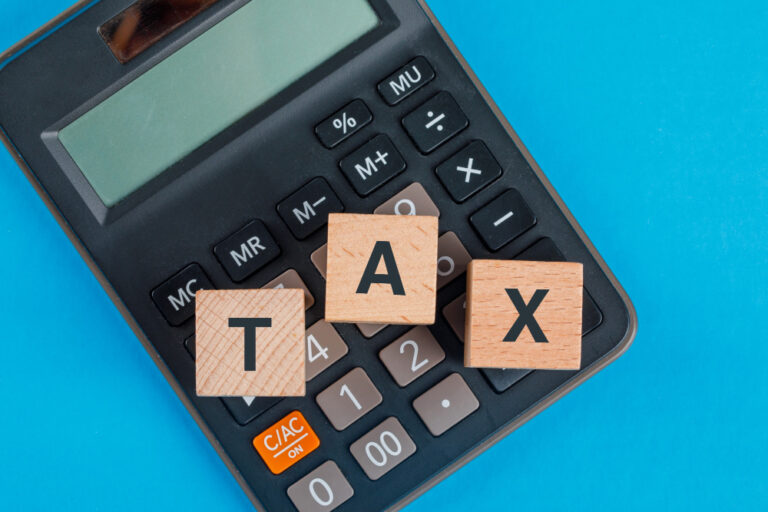Business Valuation South Africa: Know Your True Worth
Most business owners only think about valuation when preparing to sell — but understanding your company’s worth can offer far more strategic value. Whether you’re preparing for funding, succession, retirement, or simply want clarity, a professional business valuation in South Africa provides insight into your company’s performance, risk profile, and future potential.
In this guide, we explore why valuation matters, the most common valuation methods used in South Africa, what affects your company’s value, and how to get started — even if you’re not planning to sell right now.
✅ Why Value Your Business (Even If You’re Not Selling Yet)
Knowing what your business is worth allows you to plan more effectively, strengthen weak areas, and seize opportunities as they arise. Here are four compelling reasons to invest in a professional business valuation in South Africa:
1. Measure Financial Performance Objectively
Valuation takes into account earnings, assets, debt, market position, and cash flow — giving you a well-rounded picture of your business’s financial health.
💡 Example:
Nomsa, who owns a boutique accounting firm, recently discovered that her strong recurring revenue and low client churn significantly boosted her valuation — which attracted a strategic funding partner.

2. Prepare for Investment or Financing
Before you invite investors or apply for a loan, you need a realistic sense of what your business is worth.
A proper valuation:
- Helps negotiate fair equity deals
- Builds credibility with banks and investors
- Identifies weak points (e.g., client concentration risk)
3. Succession or Estate Planning
If you’re handing over the reins to a family member or planning retirement, a valuation can:
- Guide share transfers or buybacks
- Calculate potential estate duty
- Prevent disputes over perceived business value
4. Be Exit-Ready — Always
Even if you’re not selling, you never know when an opportunity might arise. A current valuation ensures:
- You know your minimum acceptable price
- You’re prepared for due diligence
- You can handle the tax implications in advance
📊 Common Business Valuation Methods
There’s no one-size-fits-all approach. These are the most widely used methods for business valuation in South Africa:
1. Earnings or Profit Multiple (EBIT or EBITDA-Based)
Applies a multiple (usually 3x to 6x) to annual profit, often EBITDA (Earnings Before Interest, Tax, Depreciation, and Amortisation).
🧮 Example:
ABC Tech has EBITDA of R1.2 million. With a 4x industry multiple, its business valuation = R4.8 million.
2. Discounted Cash Flow (DCF)
Estimates future cash flows and discounts them to present value using a risk-adjusted rate.
Best suited for:
- Established companies
- Predictable, long-term cash flows
- Businesses planning significant reinvestment
3. Asset-Based Valuation
Values the company based on tangible assets minus liabilities.
Ideal for:
- Manufacturing businesses
- Asset-heavy operations (e.g., logistics, property-based ventures)
- Liquidation scenarios
4. Market Comparison Approach
Benchmarks your business against similar companies recently sold in your industry. This method uses:
- Deal databases
- Industry valuation multiples
- Real-world transactions (if accessible)
⚠️ This approach may require access to private data or valuation benchmarks — a professional valuator can assist.
🚀 What Drives (or Damages) Business Value?
Understanding what increases or decreases your company’s value is key to planning growth.
| Value Driver | Impact |
|---|---|
| Consistent revenue & profitability | ✅ Increases |
| Recurring income (e.g., subscriptions) | ✅ Increases |
| High client concentration | ❌ Decreases |
| Heavy owner dependence | ❌ Decreases |
| Strong team & business systems | ✅ Increases |
| Accurate, up-to-date financials | ✅ Increases |
🔎 Tip: A business that can’t run without the owner is often discounted — investors see it as high risk.
📁 What You Need for a Basic Business Valuation
To begin your business valuation in South Africa, gather the following documents:
- Financial statements (last 3–5 years)
- Recent management accounts
- Owner’s salary and personal expenses run through the business
- List of major clients and suppliers
- Business plan or future growth strategy
- Summary of risks (e.g., legal, operational, financial)
🕒 With the right data, a basic valuation can often be completed within 2–3 business days.
👨💼 Why Work With a Professional Valuator?
While online calculators and ballpark estimates might offer a rough figure, they rarely reflect:
- Local economic and sector-specific realities
- SARS scrutiny and tax efficiency
- The true fair market value of your business
A professional business valuation in South Africa includes:
- Multiple valuation methods (and reconciling them for accuracy)
- Normalisation of earnings (adjusting for owner perks and once-off costs)
- Sector-specific insight (e.g., what multiples are standard for your industry)
- A report suitable for fundraising, legal, tax, or estate purposes
✅ Sparrows Chartered Accountants – Business Valuation Experts
At Sparrows Chartered Accountants, we help business owners uncover their true value and make smarter decisions based on accurate, tailored data.
Our valuation services include:
- Comprehensive business valuation reports
- Funding- or acquisition-readiness assessments
- Succession, estate, or shareholder planning support
- Industry benchmark analysis and strategic advisory
Whether you’re planning your next move or just want clarity, we’re here to support your growth journey.
Ready to find out what your business is really worth?
Contact Sparrows Chartered Accountants today for a professional business valuation in South Africa — designed around your goals.
Disclaimer: This article is intended for general informational purposes only and reflects the legislation and SARS practices in effect at the time of publishing. Tax laws are subject to change, and individual circumstances vary. Always consult a registered tax practitioner or financial advisor for advice tailored to your situation.







